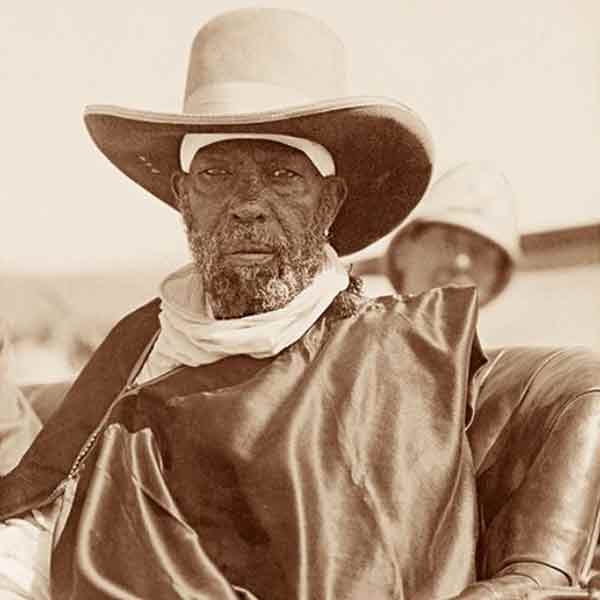Emperor Menelik II, born Sahle Maryam (17 August 1844 – 12 December 1913), was one of Ethiopia’s most celebrated rulers, remembered predominantly for his military triumphs, substantial expansion of the Ethiopian Empire, and the modernization efforts he implemented within his kingdom.
Early Life and Rise to Power: Born in the Amhara Region, Menelik was the son of King Haile Melekot of Shewa. After his father’s death, he was taken prisoner by Emperor Tewodros II, but managed to escape and subsequently embarked on a series of military campaigns to expand his base of support. His political astuteness and strategic marriages, particularly to Taitu Betul, solidified his power among the regional aristocracy.
In 1889, following the death of Emperor Yohannes IV during a battle against Sudanese Mahdists, Menelik assumed the throne, declaring himself Emperor of Ethiopia. He took the dynastic name Menelik II, claiming Solomonic descent, a status that both legitimized his rule and won him support from various factions within the deeply hierarchical and tradition-bound Ethiopian society.
Military Triumphs: Perhaps the most emblematic event of Menelik II’s tenure was the stunning victory at the Battle of Adwa in 1896, where Ethiopian forces defeated the Italian army, asserting Ethiopia’s sovereignty in the face of European colonial ambitions. This victory was not just a military triumph; it was a symbolic achievement for the entire African continent. At a time when Africa was being partitioned and colonized, Ethiopia under Menelik II stood as a beacon of resistance and a source of pride and inspiration for African independence movements. The victory consolidated Menelik’s rule, solidified the unification of Ethiopia, and greatly enhanced the country’s prestige on the international stage.

Beyond defending his nation, Menelik II laid the foundation for the modern Ethiopian state, defining its size and heterogeneity.
Modernization and Development: Internally, Menelik II initiated several significant modernization projects. He moved his capital to Addis Ababa, making it a center of government and diplomacy, introduced the nation’s first modern currency, and established a postal service. Additionally, recognizing the importance of infrastructure for a modern state, he facilitated the construction of the first railway and encouraged the expansion of telegraph lines and modern roads.
He understood the importance of education and allowed foreign missionaries to establish schools, introducing modern education methods. However, he also valued Ethiopia’s autonomy over its affairs and was cautious not to let foreigners gain too much influence.
Legacy: Emperor Menelik II’s legacy is complex and multi-faceted. His reign brought notable changes to Ethiopia, dragging it onto the path of modernization and centralization. He is celebrated as a hero, visionary leader, and symbol of African resistance against colonialism by many. His military successes, especially at Adwa, boosted national pride and Ethiopia’s prestige internationally, contributing to its unique status as the only African country to resist colonialism successfully. The incorporation of various southern ethnicities into the empire set the stage for the complex inter-ethnic dynamics that Ethiopia grapples with today.
Menelik II understood the balance between preserving Ethiopian heritage and absorbing foreign, mainly European, advancements. His policies laid the groundwork for Ethiopia’s efforts to find its place in the global community without sacrificing its cultural identity and sovereignty.
Menelik II remains a colossus, not just within Ethiopian history, but also across Africa. His leadership carved out a unique path for Ethiopia, shaping its history and identity. As the country navigates the challenges of the 21st century, Menelik’s legacy continues to evoke both admiration and debate, reflecting the duality of a leader who built an empire and a nation, with all the complexities that these processes entail. His story is a testament to Ethiopia’s enduring spirit of sovereignty and its continuing journey to forge a unified yet diverse nation.